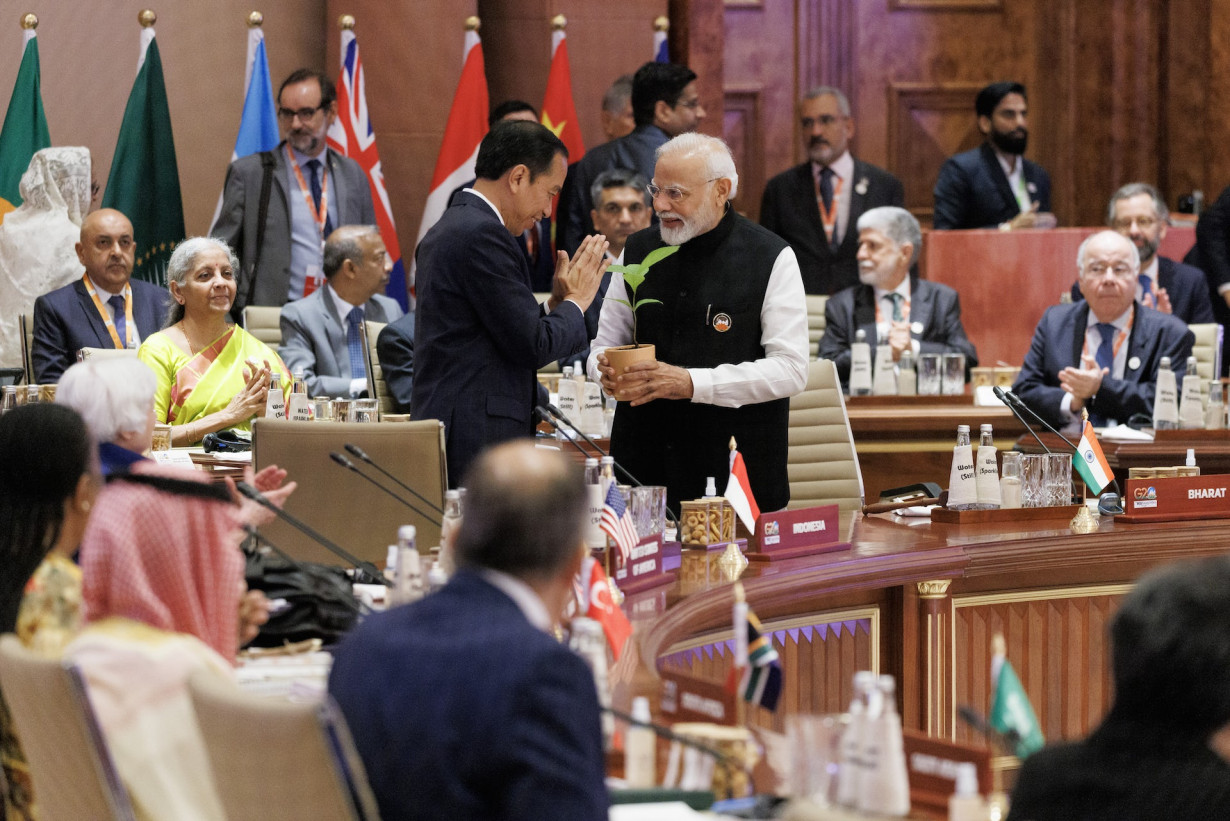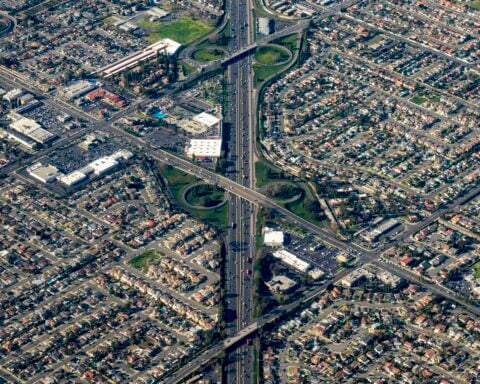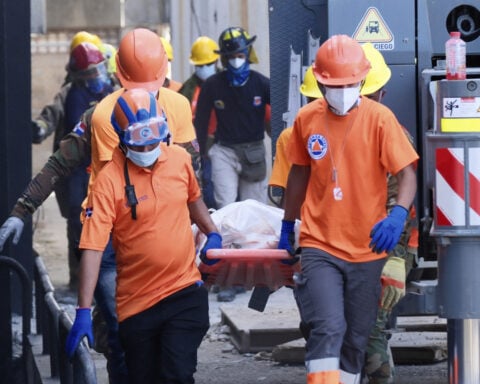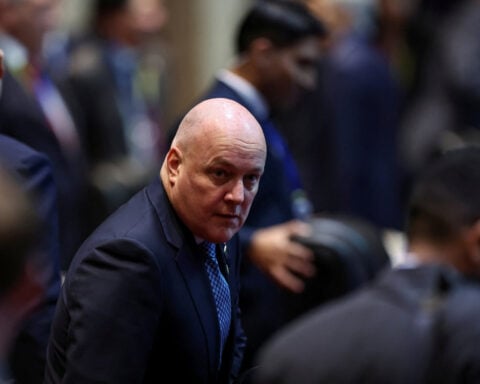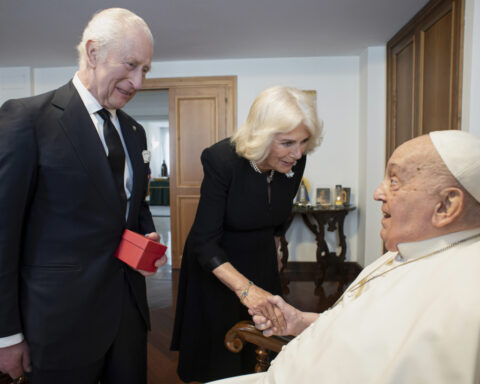Skepticism was running high ahead of the 2023 summit of the Group of 20, or G20, held in New Delhi in early September. Russian President Vladimir Putin and Chinese President Xi Jinping announced that they would not attend. At one moment, it was touch and go whether U.S. President Joe Biden – whose wife, Jill, was ill with COVID-19 – would make the trip. The general consensus was the group would fail to come up with a final declaration, largely because of differences over the war in Ukraine.
And yet, the assembled leaders did release a joint declaration on giving a new impetus to the World Bank, fighting climate change and dealing with infectious diseases, among other issues. One of the main outcomes was the admission of the African Union as a full member, much as the European Union has been from the start.
The final G20 statement has been criticized for not specifically condemning Russia’s invasion of Ukraine. But given Moscow’s and Beijing’s stance on that war – and New Delhi’s studiously neutral position on it – that was never much in the cards.
And perhaps that is the point. From its beginning, the G20 was established to deal with global economic governance issues. Yet, over time, some members have attempted to hijack it to focus on geopolitics.
Perhaps the time has come for the G20 – which now consists of 19 leading economies, the European Union and the African Union – to go back to basics and deal with what it’s best at: the economic, environmental and developmental challenges facing our troubled world. After all, there are already plenty of international organizations that deal with geopolitics, not least the United Nations.
India’s leadership of the Global South
Politics of a domestic kind was certainly in evidence during the G20. Taking place as India gears up for its 2024 elections, the country was plastered with G20 posters featuring Prime Minister Narendra Modi. The emblem of the gathering was the lotus flower, which happens to be that of the ruling Bharatiya Janata Party, or BJP.
It is estimated that some 100,000 foreign delegates visited India in the year running up to the meeting, and that 15 million Indians participated in G20-related activities.
As Indian diplomat Abhay Kumar told me during my visit to New Delhi a week prior to the summit, cultural events were held in all Indian states as part of the official G20 program. New Delhi itself looked as clean and green as I have ever seen it since first setting foot there 20 years ago as Chile’s ambassador to India.
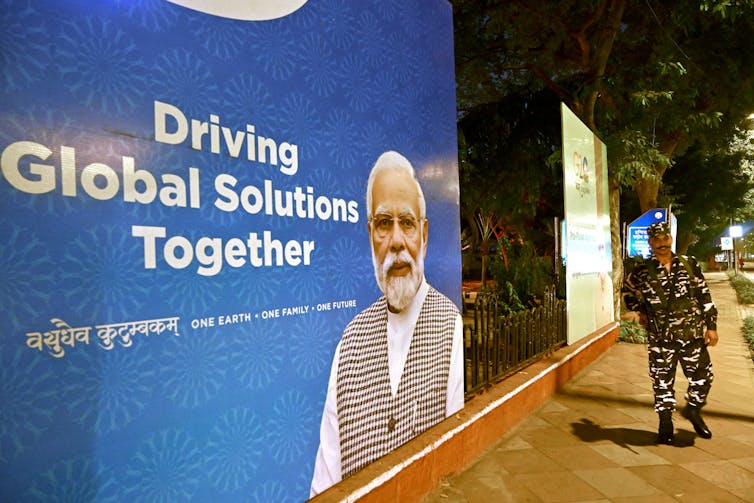
For Indian Prime Minister Narendra Modi, the 2023 summit was a chance to promote his leadership ahead of the 2024 elections.
Was all this a bit much? Perhaps. But at a time when some politicians revel in decrying anything that has to do with the outside world, there is something to be said for stressing the significance of a diplomatic summit – and its meaning for the people of what is today the most populated country on Earth.
There is little doubt that the world is undergoing an “India moment.” The recent moon landing of an Indian spaceship, the Indian economy growing at the fastest clip of any major country, and New Delhi flexing its diplomatic muscles big time during the G20 all burnish its credentials as a leader of what has become known as the Global South – and consists of various countries around the globe described as “developing.”
What’s next for G20
With G20 summits held in Indonesia in 2022 and India in 2023 – and set for Brazil in 2024 – rising powers from the Global South have been able to set an agenda, stressing the priorities of the developing nations’ development, debt financing, food security and climate change. This is in contrast to the Group of Seven, or G7, which in recent years has focused on geopolitics and the war in Ukraine.
But questions about the role, purpose and ultimate effectiveness of the G20 remain.
The group certainly inhabits a world vastly different from the one in which it was originally designed for. The G20 at the leaders’ level got off to a promising start, successfully managing the 2007-2008 financial crisis. It served as both a steering committee for the world economy and a crisis committee to deal with threats to the world economy.
Yet, the G20 has struggled to stay relevant. A high point was the summit held in Hangzhou, China, in 2016, which led to a joint U.S.-China commitment on lowering carbon emissions in the fight against climate change.
But in 2020, when the world first faced the COVID-19 pandemic, the G20 was deemed to have failed miserably, with very little international coordination to cope with the worst pandemic in a century, and “vaccine nationalism” running rampant.
The fact that the host and chair that year was Saudi Arabia, an authoritarian regime with relatively little international credibility, did not help. Also, the inability of the G20 to come up with firmer commitments on what may be the most significant global challenge of our time – to halt the course of climate change – has elicited skepticism among observers.
From its origins as a steering and crisis committee, the G20 has evolved into something else as the world order itself has changed. In 1998-1999, when the G20 was founded at the finance ministers’ level, and in 2008-2009, when it was upped to leaders’ level, countries were, by and large, still in global governance mode: They worked together to deal with common problems.
In 2023, however, great power competition is the order of the day, and a zero-sum rather than win-win mentality tends to prevail in the games nations play. As the world veers toward a fragmented, if not downright fractured, order, the G20 serves as a hub for world leaders to meet and sort out their differences. And there is certainly a need for that – although the absence of the presidents of China and Russia from the 2023 summit puts even that condition into question.
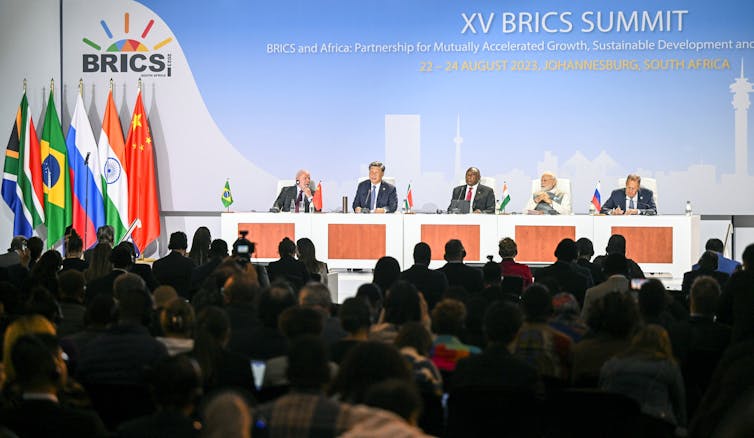
BRICS leaders convened in Johannesburg, South Africa, in August 2023 and agreed to invite Argentina, Egypt, Ethiopia, Iran, Saudi Arabia and the United Arab Emirates to their bloc.
The way forward
Some developed nations might be tempted to retreat from this evolved and enlarged G20 to the comfort zone of the G7 – the group of most-developed nations, where everybody thinks and for the most part dresses alike – and attempt to steer global economic governance from there, as was done in the last quarter of the 20th century.
But that ship has sailed. The G7 today represents just 10% of humanity and 30% of the world’s Gross Domestic Product. This is in contrast to the 42% of the world’s population and 36% of the world’s GDP embodied by the newly expanded BRICS group, consisting of Brazil, Russia, India, China and South Africa. The North Atlantic countries no longer rule the roost and must come to terms with the geoeconomic and geopolitical realities of the new century.
The very reason the G20 was set up in 1999 was because the G7 could not deal with the Asian financial crisis at the time, and needed a broader entity to cope with it. A quarter of a century later, with Asia representing a much larger share of the world economy than it did then, this is even truer now.
The G20 has its faults, but it still performs a useful function to help the world economy navigate perilous waters, as globalization beats a retreat and the dangers of a fractured international system loom larger. I believe the G20 should be further built up and nurtured, not cavalierly dismissed. The world would be poorer without it.

Jorge Heine is a research professor at the Pardee Schoom of Global Studies, Boston University. A past VP of the International Political Science Association ( IPSA) he was previously ambassador of Chile to China, to India and to South Africa. He has also served as a Cabinet minister in the Chilean government.

 Trump has begun another trade war. Here's a timeline of how we got here
Trump has begun another trade war. Here's a timeline of how we got here
 Canada's leader laments lost friendship with US in town that sheltered stranded Americans after 9/11
Canada's leader laments lost friendship with US in town that sheltered stranded Americans after 9/11
 Chinese EV giant BYD's fourth-quarter profit leaps 73%
Chinese EV giant BYD's fourth-quarter profit leaps 73%
 You're an American in another land? Prepare to talk about the why and how of Trump 2.0
You're an American in another land? Prepare to talk about the why and how of Trump 2.0
 Chalk talk: Star power, top teams and No. 5 seeds headline the women's March Madness Sweet 16
Chalk talk: Star power, top teams and No. 5 seeds headline the women's March Madness Sweet 16
 Purdue returns to Sweet 16 with 76-62 win over McNeese in March Madness
Purdue returns to Sweet 16 with 76-62 win over McNeese in March Madness
